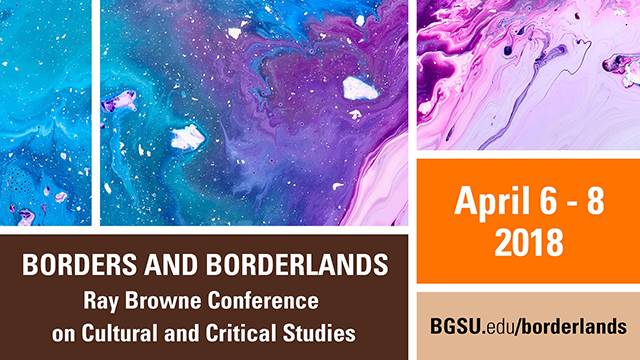
Concurrent Panel Session Eleven
Start Date
8-4-2018 2:00 PM
End Date
8-4-2018 2:50 PM
Abstract
Professional counseling is often defined as a professional relationship meant to empower diverse people towards their mental health and wellness goals (Kaplan, Tarvydas, & Gladding, 2014). While counselors continue to provide professional services in many settings, counseling is not always portrayed in a positive light within television and film. Shows such as 13 Reasons Why and How I Met Your Mother both portray an inaccurate perception of counseling characters who disregard their ethical duties despite the American Counseling Association’s Code of Ethics (2014) mandates for safe-guarding the wellbeing of those seeking counseling, honoring multicultural diversity, and advocating for social justice. This frequent portrayal of unethical behaviors conflates mental health stigma with needed healthcare services for marginalized populations. Pop culture thus serves as a border, separating fiction from reality and superimposing a socially constructed barrier between optimal health and exaggerated entertainment.
To correct these concerns, professional counseling can bridge gaps created by these borders by respecting pop cultural influences and disallowing societal oppression (Tarvydas, Vazquez‐Ramos, & Estrada‐Hernandez, 2015). Integration of literary and enacted characters in diverse media can serve as metaphors to enhance the therapeutic experience for clients, overcome life challenges, and promote optimal health goals (Rubin, 2008; Schmidt, 2009). Therefore, this experiential presentation will provide audience members a unique opportunity to critically analyze media portrayals of counseling services and discuss the impact on mental health stigma. Attendees will learn how pop culture can be ethically integrated within a counseling setting to respect each individual’s needs and diversity without promoting stigma.
Included in
Counseling the Media: Bridging Pop Cultural Borders with the Mental Health Profession
Professional counseling is often defined as a professional relationship meant to empower diverse people towards their mental health and wellness goals (Kaplan, Tarvydas, & Gladding, 2014). While counselors continue to provide professional services in many settings, counseling is not always portrayed in a positive light within television and film. Shows such as 13 Reasons Why and How I Met Your Mother both portray an inaccurate perception of counseling characters who disregard their ethical duties despite the American Counseling Association’s Code of Ethics (2014) mandates for safe-guarding the wellbeing of those seeking counseling, honoring multicultural diversity, and advocating for social justice. This frequent portrayal of unethical behaviors conflates mental health stigma with needed healthcare services for marginalized populations. Pop culture thus serves as a border, separating fiction from reality and superimposing a socially constructed barrier between optimal health and exaggerated entertainment.
To correct these concerns, professional counseling can bridge gaps created by these borders by respecting pop cultural influences and disallowing societal oppression (Tarvydas, Vazquez‐Ramos, & Estrada‐Hernandez, 2015). Integration of literary and enacted characters in diverse media can serve as metaphors to enhance the therapeutic experience for clients, overcome life challenges, and promote optimal health goals (Rubin, 2008; Schmidt, 2009). Therefore, this experiential presentation will provide audience members a unique opportunity to critically analyze media portrayals of counseling services and discuss the impact on mental health stigma. Attendees will learn how pop culture can be ethically integrated within a counseling setting to respect each individual’s needs and diversity without promoting stigma.

